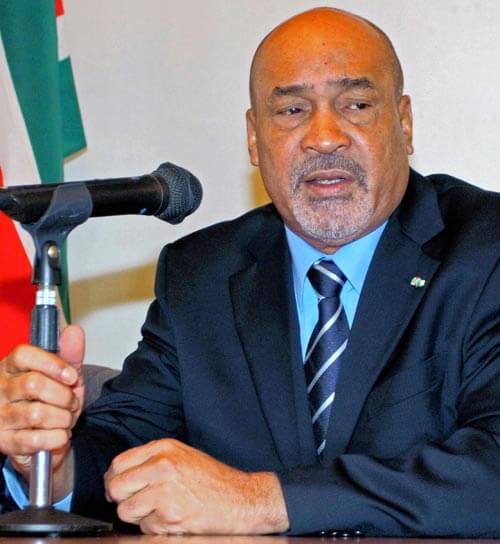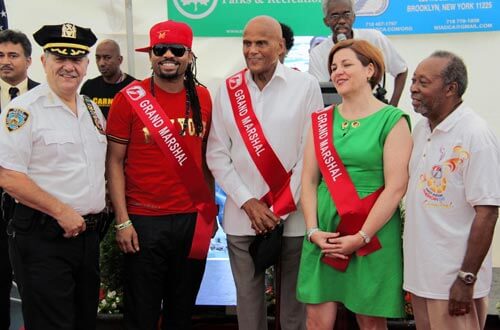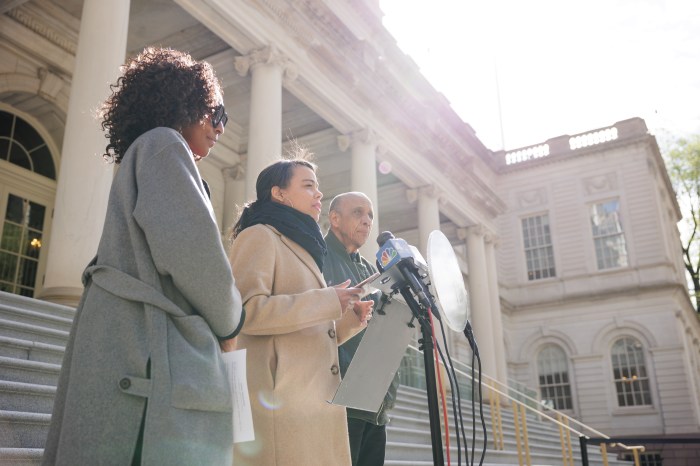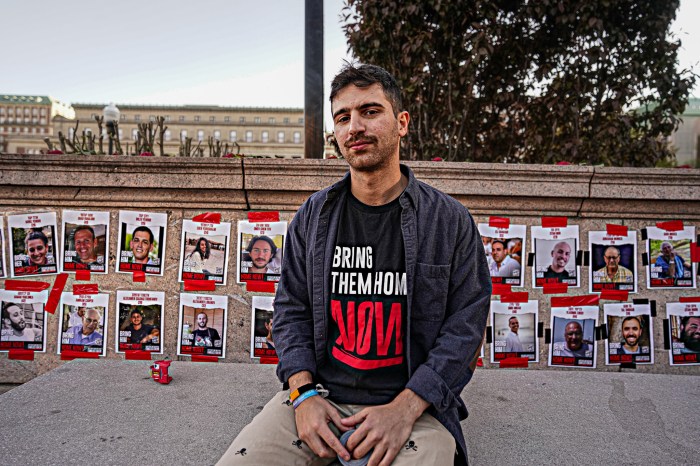The influential Washington-based Human Rights Watch on April 17 urged Suriname to immediately revoke the amnesty law approved on April 5 by the National Assembly and “prosecute people accused of committing grave human rights violations.”
It became the second rights group to call for the repeal of the Suriname ruling, echoing a similar call last month by the London-based Amnesty International.
The National Assembly of Suriname amended an existing amnesty law to extend its coverage to offenses “in the context of the defense of the state” between April 1, 1980, and Aug. 19, 1992, the U.N. High Commissioner for Human Rights said.
Among those who will gain immunity are President Desi Bouterse and 24 others who were on trial for the alleged abduction and murder of 15 prominent political opponents, including journalists, lawyers, and a trade union leader, in December 1982, the U.N. said.
The law also covers the killing of 19 soldiers by rebels during the 1986-92 civil, Bouterse said.
“These international crimes are too serious to be amnestied and forgotten,” said José Miguel Vivanco, Americas director at Human Rights Watch.
“Bouterse’s self-amnesty blocks justice for gross human rights violations, which Suriname has the obligation to investigate and prosecute,” he added.
According to reports, Bouterse accepted “political responsibility” for the December 1982 killings but said that he was not present when they occurred.
But Human Rights Watch said witnesses have allegedly disputed those claims during the trial, which began in 2007, but had been repeatedly stalled.
Reported also indicated that the governing coalition in the National Assembly included language in the law to establish a truth commission to investigate the December 1982 killings, and excluded from the amnesty the massacre of at least 39 ethnic Maroons by soldiers during the country’s civil war.
The Office of the U.N. High Commissioner for Human Rights and the Inter-American Commission on Human Rights have expressed deep concern regarding Suriname’s amnesty legislation, saying that it violates the State’s obligations to investigate and prosecute human rights abuses, and to ensure that abuse victims have access to justice, truth, and reparations.
Last month, Amnesty International urged Suriname’s parliament to reject a proposed amnesty law that would allow the country’s president to escape investigation for past gross human rights violations.
“The long-delayed trial of President Dési Bouterse, who is accused of abducting and killing opponents in December 1982 while he was military leader, could be scrapped if the amnesty law is passed,” Amnesty International warned.
Bouterse, who was elected president in 2010, is accused of human rights violations committed during his two previous stints in power, between 1980 and 1991.
“This is a flagrant attempt by President Bouterse to evade investigation for human rights abuses committed during his rule and deny justice to his victims and their families,” said Javier Zuñiga, special advisor at Amnesty International.
Navi Pillay, the United Nations High Commissioner for Human Rights, said she was “disturbed” by the recent decision by Suriname to pass an amendment to an existing law that grants immunity for human rights violations committed during the 12-year period in which the country was, for the most part, under military rule.
“The High Commissioner believes this amendment to the law will deny most families of victims their rights to justice, truth and reparation,” said Pillay’s spokesperson, Rupert Colville, told reporters here.
The new law extends the brief period covered by an earlier amnesty law to include any offences that took place between April 1, 1980 and Aug. 19, 1992 “in the context of the defense of the State,” preventing any future investigations on gross human rights violations committed between those dates.
According to the Office of the High Commissioner for Human Rights (OHCHR), one case which involves Bouterse may be affected, and could potentially be halted altogether.
“The High Commissioner sincerely hopes that steps are taken to reverse this legislation as soon as possible, since it clearly conflicts with Suriname’s international obligations and very much runs against the positive trend in many other Latin American countries of prosecuting and, in many cases convicting, individuals responsible for serious crimes that took place during military dictatorships,” Colville said.
According to international law, amnesties are not permissible if they prevent the prosecution of individuals who may be criminally responsible for international crimes, including war crimes, crimes against humanity, genocide and gross violations of human rights.


























